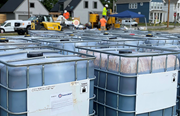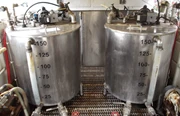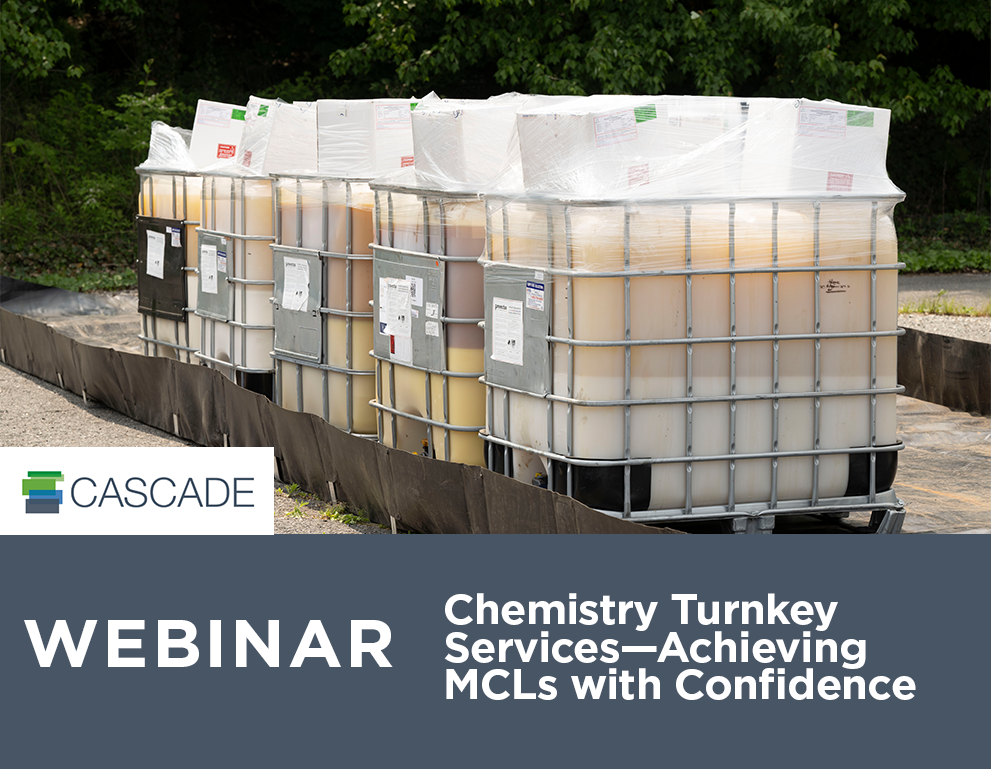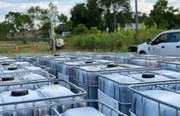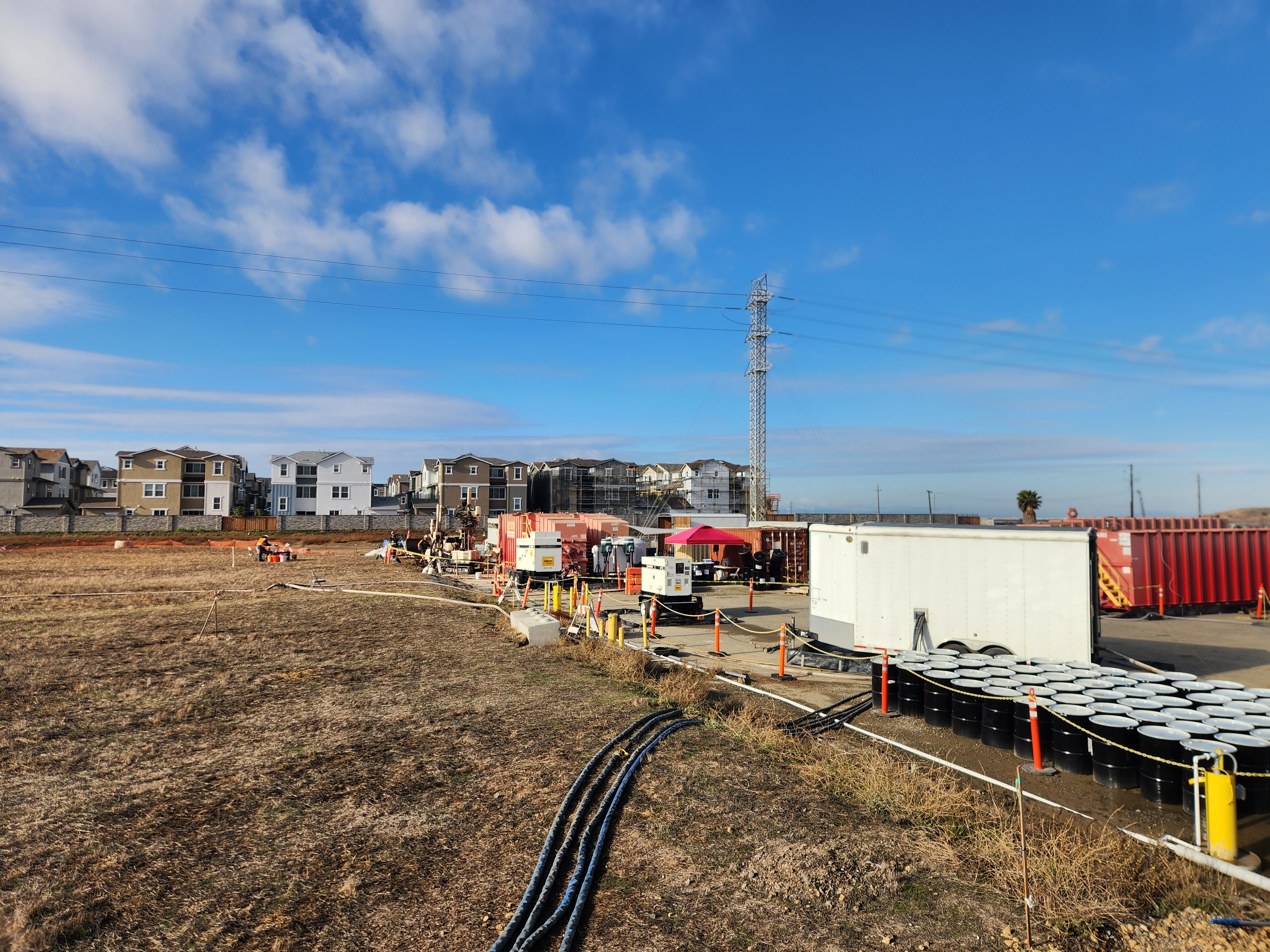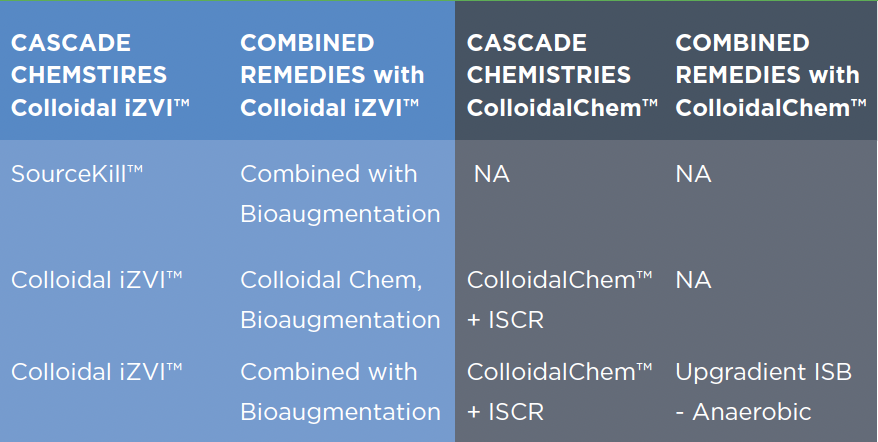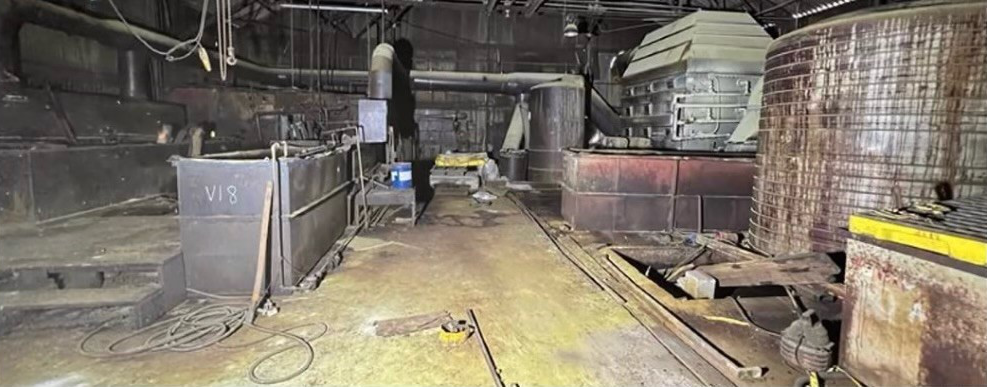- Deborah Shaffer Schnell, PE
Discover how in situ permeable reactive barriers (PRBs) are transforming groundwater remediation, offering an alternative to traditional pump-and-treat methods with life cycle cost savings of over 75%. With more than 200 PRBs installed globally, this proven technology has become a preferred solution, recognized by regulatory agencies and environmental professionals alike.
In this webinar, PRB and fracturing expert Deborah Shaffer (Schnell), P.E., will explore the innovative Vertical Inclusion Propagation (VIP) method, an azimuth-oriented vertical hydraulic fracturing approach. This trenchless technology enables the continuous installation of ZVI-PRBs to depths exceeding 120 feet, even in challenging geologies such as clays, glacial tills, and highly permeable sands, with minimal waste and site disturbance.
What You Will Learn:
- How green and sustainable remediation technologies reduce environmental impact while effectively treating contaminants.
- The science behind VOC destruction using ZVI-PRBs, including key chemistry and reaction kinetics.
- How Trenchless VIP installation methods preserve natural groundwater flow with minimal site disruption.
- Insight into the long-term performance and durability of Trenchless ZVI-PRBs, with an expected lifespan exceeding 30 years.
- The unique advantages of using the VIP method for deeper installations and challenging geologies.
Join us for an in-depth discussion on how VIP-installed ZVI-PRBs are enabling efficient, long-lasting, and environmentally friendly groundwater cleanup.
About the Presenter

Deborah Shaffer Schnell, PE
Project Director, Innovative Technologies
Deborah Shaffer Schnell is the Project Director, Innovative Technologies at Cascade. She is a leading national expert on permeable reactive barriers (PRBs), hydraulic and pneumatic fracturing, and in situ technologies such as in situ chemical oxidation (ISCO) and in situ chemical reduction (ISCR), with a focus on amendment distribution. Deborah works with clients to select the best remedial technology for their sites, based on data presented in their conceptual site model (CSM), project timelines, and budget.


